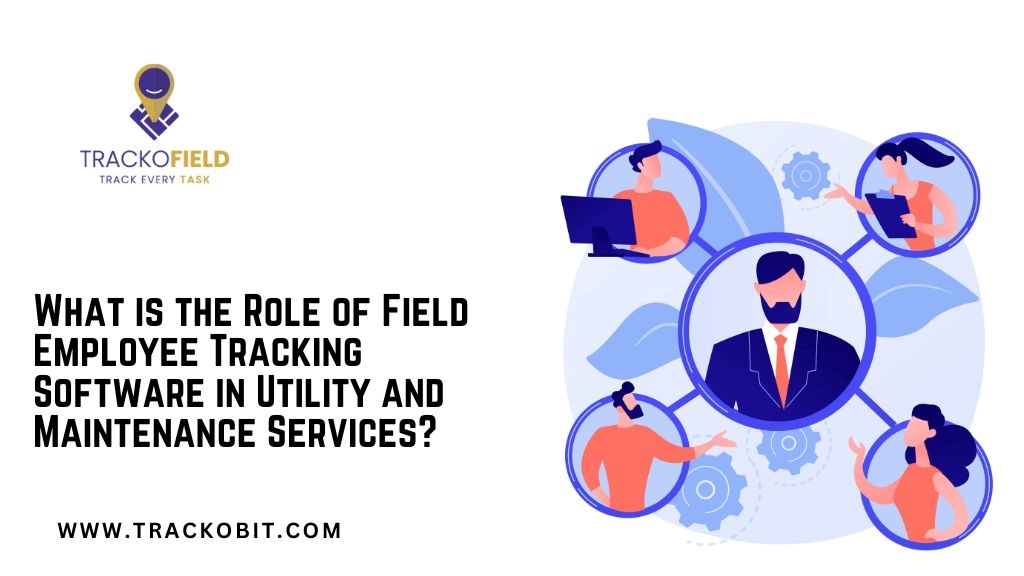
Information security is no longer just a concern for large corporations and governments. For small businesses, safeguarding sensitive information is not only a wise precaution but also a vital investment.
Yet, many small business owners still underestimate the importance of implementing robust information security measures, often viewing it as a costly or unnecessary burden.
Steps You Can Take
Let’s explore why small businesses should make information security a priority and how doing so can benefit their operations in the long run.
1. Protecting Your Reputation
In the digital age, trust is everything. Customers, suppliers, and partners expect their data to be handled responsibly.
A single data breach can erode years of hard-earned trust and significantly damage your reputation.
Small businesses, often seen as the underdogs, may find it even harder to recover from such incidents.
By investing in strong security measures, you signal to your stakeholders that their data is in safe hands, which can help you maintain and even enhance your reputation.
For guidance on improving your security practices, consider exploring online training courses.
2. Avoiding Financial Losses
Cyberattacks can be devastating for small businesses.
According to studies, small businesses are increasingly targeted by cybercriminals because they often have weaker security measures than larger firms.
For practical tips on securing your business, check out this guide to small business cybersecurity. A breach could lead to:
- Direct Costs: Paying ransoms, recovering lost data, or repairing compromised systems.
- Indirect Costs: Loss of business due to downtime, damaged relationships with clients, or regulatory fines.
Proactively investing in security measures is often far less expensive than dealing with the aftermath of a breach.
3. Complying with Legal and Regulatory Requirements
Many small businesses operate in industries with strict data protection regulations, such as the GDPR in Europe or the CCPA in California. Non-compliance can result in hefty fines and legal action.
Even if your business operates outside regulated industries, demonstrating compliance with recognised standards, such as ISO 27001, can be a valuable differentiator and a way to win customer trust.
To learn more about achieving ISO 27001 compliance, visit this ISO 27001 resource page.
4. Enabling Growth and Competitiveness
Small businesses with robust security measures in place are often better positioned to compete for contracts, especially with larger organisations.
Many enterprises now require their suppliers and partners to demonstrate strong security practices. By implementing an information security management system (ISMS), your business can meet these demands, opening the door to new opportunities and partnerships.
5. Reducing the Risk of Operational Disruption
Small businesses rely on operational continuity to thrive.
A ransomware attack, phishing scam, or malware infection can disrupt your operations for days or even weeks.
By adopting preventive measures such as employee training, multi-factor authentication, and regular data backups, you can reduce the likelihood of such disruptions and ensure that your business keeps running smoothly.
Explore free cybersecurity tools and resources available from the UK National Cyber Security Centre.
6. Boosting Employee Confidence and Productivity
A secure working environment can empower your employees to focus on their work without the constant worry of potential cyber threats.
When employees are well-trained in recognising and mitigating risks, they become an active part of your security framework. This not only boosts morale but also enhances overall productivity.
7. Building a Culture of Resilience
Information security isn’t just about technology; it’s also about people and processes.
By fostering a culture of security awareness, you build organisational resilience that can adapt to new threats.
This resilience is essential for long-term sustainability and can make your business more agile in responding to challenges.
How to Get Started
If you’re a small business owner wondering where to begin, here are some actionable steps:
- Conduct a Risk Assessment: Identify the key risks to your business and prioritise them.
- Educate Your Team: Provide basic cybersecurity training to employees.
- Implement Basic Controls: Use firewalls, antivirus software, and secure passwords.
- Backup Regularly: Ensure that your data is backed up and recoverable.
- Seek Expert Advice: Consider consulting an information security professional to help you develop a tailored strategy.
Conclusion
Information security is not an optional extra for small businesses; it is a necessity. By proactively addressing security risks, you not only protect your business from potential threats but also create opportunities for growth and resilience.
Remember, the cost of prevention is always less than the cost of a cure.
Take the first steps today and secure the future of your small business.



